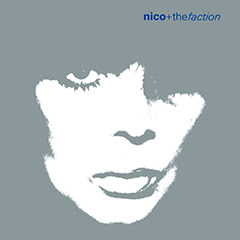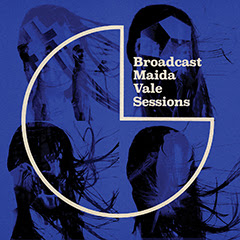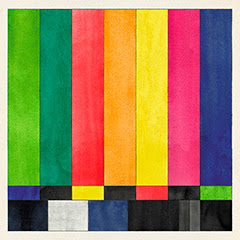
Bernardo Bertolucci. “Partner”. 1968
“… I can say I hope it will be worth what I give up
If I could stand up mean for all the things that I believe…”
Recientemente alguien comentaba en redes que era justificable la caprichosa y tendenciosa actitud de un afamado “crítico” de cine español dado que el cine es un arte y como tal se presta a esa indeterminación ambigua, personalista, al contrario que los perfectísimos sistemas de verificación de las ciencias “exactas”. Exactas, dicen.
Como si no existiera una crítica analítica, veraz y objetiva, hasta donde cualquier objetivismo pueda alcanzar, sobre las manifestaciones artísticas. Igual es más fácil prestarse a lo atávico, a lo místico, una creencia cuasi-religiosa o, menos trascendentales y más actuales, al chiste, a la astracanada y al titular lenguaraz que a una reposada y esforzada lectura del análisis cultural profesional. Porque existe, claro que existe.
Que en pleno siglo XXI sigamos con las leyendas, mitos y esoterismos vinculados a las artes (por favor, para comenzar, échenle un buen repaso a la teoría del arte alemana de principios del XX y a los rigurosos estudios sobre creatividad, entre otros temas vinculados al mundo estético), indica el gran desfase cultural formativo (analfabetismo cultural) e ideológico que seguimos sufriendo. Desde el lado de la sociedad, pero (¡ay!) también desde dentro del mismo gremio artístico.
"It is not quite form that is at issue in the cinematographic dialectic: it is the intersection of atmosphere and mood, the singular world expressed by their dissonant torsion, the composition brought into being through the negativity and the pathos of their intermingling contradictions. The end of form, its purpose, is the dialectical composition of sense. It is the dialectical sense of cinema itself that Godard both grasped and liberated."
Nathan Brown. "The Sense of Cinema: Jean-Luc Godard". e-flux notes. September 15. 2022




































































No hay comentarios:
Publicar un comentario